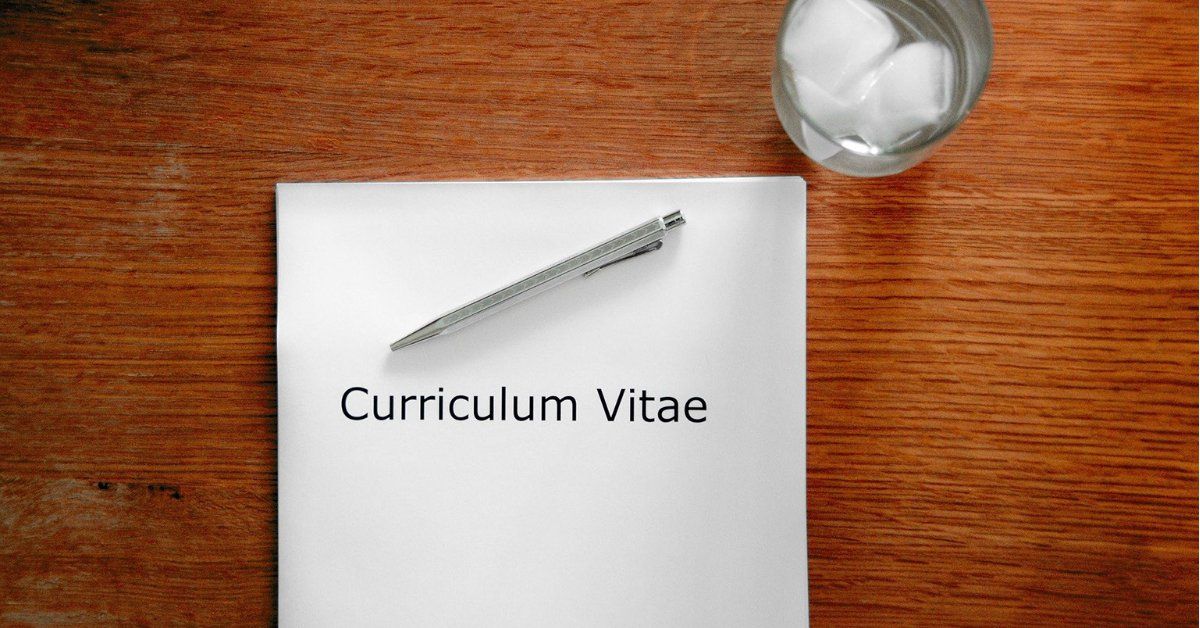Get your CV to "Yes"
Petrina Mitchell • 18 January 2021
Want to get your cv noticed and increase your chances of securing an interview? Check out this list of cv tips and hacks to make sure you're on the right track.

Over the years, in my role as an in-house Recruiter and HR Director, I’ve seen way too many cv’s generically written. If you cv doesn’t tell an external recruiter or employer what you do, how you do it and what you want to do next; then they will possibly throw your cv to the ‘no’ or ‘maybe’ pile.
Many recruiters make their ‘yes - no – maybe’ decision within 10-15 seconds of reading a cv. If you find you are getting calls for interviews to the same type of job year in, year out, or not getting called to interviews at all; then check out the first twenty words on your cv.
These first words need to tell recruiters and hiring managers that you are simply, a great match for the job and they need to find out more about you.
If you provided these first twenty words to a friend or colleague (without any other detail); would they know it’s you? Can they paraphrase back to you what you do, how you do it and what you want to do next?
CV’s need to be clear, succinct, memorable and packed full of enthusiasm. They need to convey your personality too so that you get remembered amongst a sea of applicants.
If you want to get your cv taken seriously, here are some cv hacks that will help you redesign your cv and land on the ‘yes’ pile?
- Put your personal details, out-of-date qualifications and job information to the end of the cv. Don’t waste their time with this detail at the outset.
- Frame your experiences in a way that demonstrates how you meet the qualifications and skills required in the job posting.
- When outlining your employment history; start with your most recent job. State your job title, company and then employment dates. Keep the most important information first and put the strongest information / bullet point at the top of each list.
- Ensure your dates of employment and education align and if there are significant gaps, address them on the cv or be ready to talk about them at interview.
- Know what words and / or phrases pack a punch in your industry and ensure you use them cleverly. Keep your sentences, short, focused and ensure that they capture attention of the reader.
- Provide facts, figures and metrics where you can, as these bring more credibility to your achievements.
- Write your profile after you have compiled the rest of the cv. A well written profile statement
should tell any reader:
- Who YOU are
- WHAT you offer in terms of unique skills, knowledge and ability, and
- What’s NEXT, which can be a target job statement or what your next job / company will look like.
- Your profile statement is your elevator pitch so practice speaking it out loud so that it becomes more concise and natural.
- Ensure there is plenty of white space and the text is big enough to read quickly.
- Check for typos, grammar and use the Read Aloud feature on MS Word to find any incomplete sentences or phrasing.
- Share your cv, cover letter and job posting with a friend and ask them for feedback on how you match the job you are applying for.
- Save in PDF and format the file name as 'Last Name_First Name_Job Posting' so that it is makes life easier for the recruiter to download and save.
Finally, if you need help getting your message right, so that you can stand out from the crowd and get to the ‘yes’ pile, let’s talk so that we can schedule a 90-minute Career Boost session to fire up your job search.










